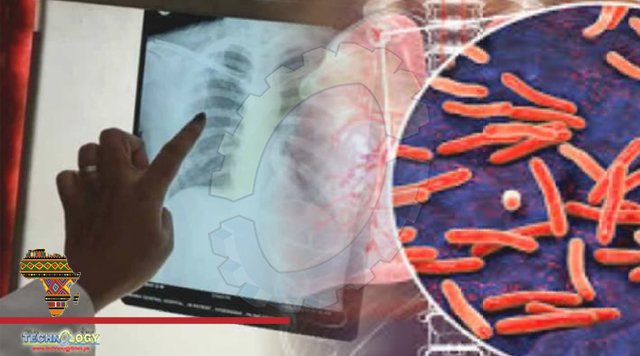South Africa last published comprehensive guidelines for the management of childhood tuberculosis (TB) in 2013. Almost a decade later, there is a pressing need to update the guidelines to ensure that infants, children, and adolescents in South Africa can benefit from scientific advancements in the prevention, diagnosis, and treatment of TB Treatment.

To ensure that scientific advances in childhood TB are reflected in national policy and translated into practice, this week South Africa’s national TB Think Tank – a network of experts who work closely with government on the country’s national TB response – launched a paediatric, adolescent, and maternal TB working group within the Think Tank.TB Treatment, The new working group was announced yesterday by the Desmond Tutu TB Centre’s Dr Karen du Preez at the South African TB Conference underway in Durban. Professor Anneke Hesseling, Director of the Desmond Tutu TB Centre at the Department of Paediatrics and Child Health at Stellenbosch University, told Spotlight, “The South African TB Think Tank will now have a dedicated group that’s integrated with the [other working groups] to address specifically the needs of kids, adolescents, and pregnant women who often get left behind in research, policy and implementation.” According to Hesseling, in tackling the update of South Africa’s national guidelines for the management of childhood TB, the new TB Think Tank working group and the Desmond Tutu TB Centre will, together with the Department of Health, take a modular approach – as done by the World Health Organization (WHO). “Instead of now rewriting the entire paediatric TB national guidelines, we are going to focus on the priority areas and do it in a modular fashion,”
The first priority of the new working group will be updating paediatric TB treatment guidelines to reflect new scientific advancements, with a specific focus on incorporating evidence from the recent SHINE trial, which provided evidence in support of using shorter treatment regimens in children with non-severe TB. The SHINE trial compared the efficacy and safety of a shorter, four-month treatment regimen for drug-susceptible TB with the six-month standard of care regimen in children with non-severe, smear-negative pulmonary TB in South Africa, Zambia, Uganda, and India. Taking account of evidence from SHINE, the WHO published new recommendations for treatment of TB in children in March, recommending the use of four-month TB treatment regimens in children with non-severe TB. The WHO recommendations were published together with an operational handbook that gives advice on how TB programmes and healthcare workers can identify and diagnose children with non-severe TB that can benefit from shorter, four-month regimens – recognising that access to diagnostic tools is highly variable across different contexts.
Source: This news is originally published by allafrica